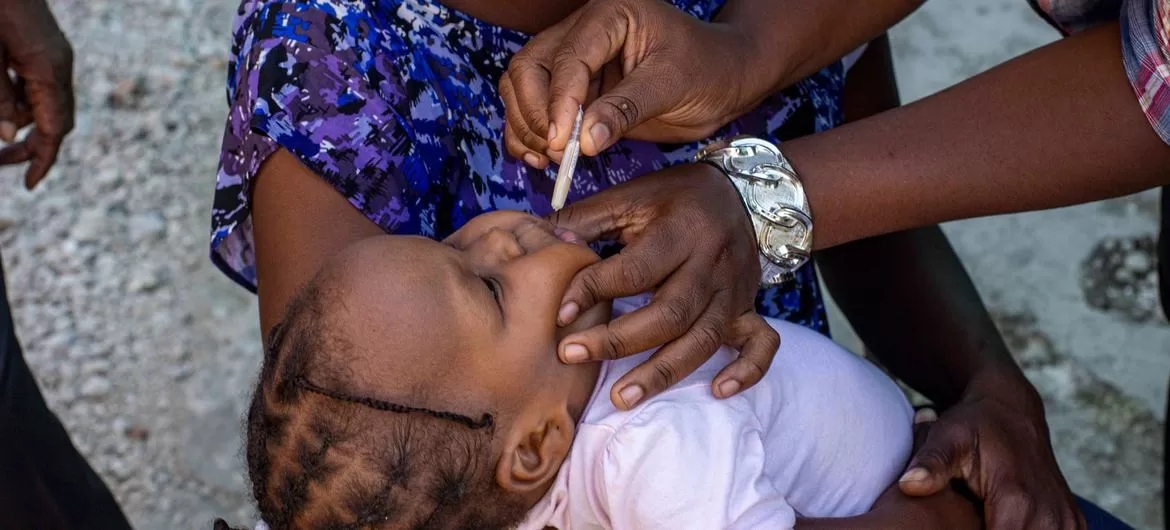January 15, 2025 — A cholera outbreak has sparked alarm across African nations, with Uganda and Zimbabwe grappling with surging cases and fatalities. Health officials in northern Uganda and Zimbabwe’s Mashonaland provinces are implementing emergency measures to contain the spread of the disease, which thrives in areas with poor sanitation and limited access to clean water.
Uganda Reports Fatality and Dozens of Hospitalizations
In Uganda, one person has died and 60 others are hospitalized in the Lamwo district following an outbreak reported early last week in Agoro sub-county. Denis Ocula, the district health officer for Lamwo, confirmed that the initial cases presented symptoms including vomiting, acute watery diarrhea, dehydration, and general body weakness without fever. Stool samples tested positive for cholera on January 10, according to the Xinhua news agency.
Ocula attributed the outbreak to poor hygiene and reliance on unprotected water sources. “A task force has been established to sensitize the community about handwashing, safe water usage, and proper fecal disposal,” he said. The district has also conducted health worker training on case identification, management, and reporting.
The border proximity to South Sudan poses additional challenges, with significant cross-border movement raising the risk of further infections. Health authorities are urging increased vigilance and compliance with public health protocols.
Zimbabwe Battles Fresh Cholera Outbreak
Meanwhile, Zimbabwe has reported 28 confirmed cholera cases and two deaths since November last year. The outbreak began in the Kariba district of Mashonaland West Province and has since spread to seven districts, including Harare, the capital. Zimbabwe’s Ministry of Health and Child Care noted a total of 282 suspected cases and 275 recoveries, alongside the administration of oral cholera vaccines to 4,923 people in high-risk areas.
Mashonaland Central Province, currently the epicenter, has seen targeted vaccination campaigns covering farms and residential areas in Glendale and Mazowe districts. Despite these efforts, cholera continues to pose a significant threat in Zimbabwe due to longstanding issues with water and sanitation infrastructure.
The outbreak comes just months after the government declared an end to a nationwide cholera crisis in August 2024. That outbreak, which began in February 2023, claimed over 700 lives, according to UNICEF.
Cholera: A Persistent Challenge
The World Health Organization (WHO) describes cholera as a severe acute infectious disease characterized by watery diarrhea and vomiting. It can cause rapid dehydration and death if untreated, particularly in areas with inadequate sanitation and contaminated water supplies.
Health experts emphasize the urgent need for improved water, sanitation, and hygiene infrastructure to prevent recurring outbreaks. Community education, vaccination campaigns, and cross-border cooperation remain critical in combating the spread of the disease across affected regions.
As health authorities in Uganda and Zimbabwe intensify efforts to contain the outbreaks, neighboring countries are also on high alert to prevent further regional spread. With thousands at risk, swift and coordinated action will be essential in averting a larger humanitarian crisis.












